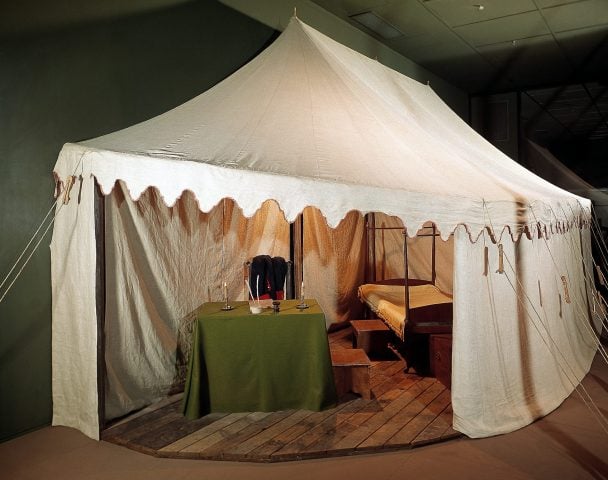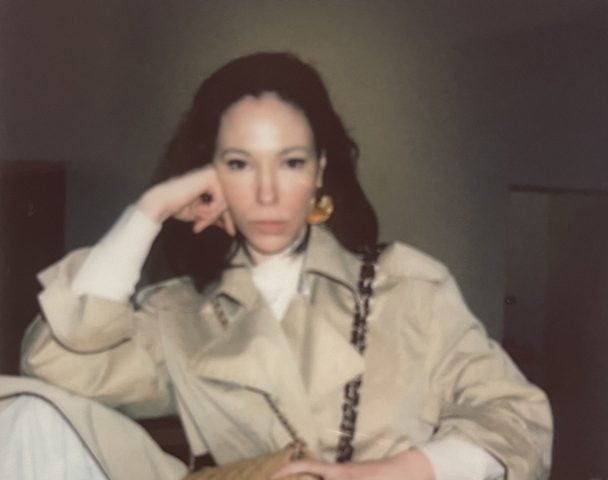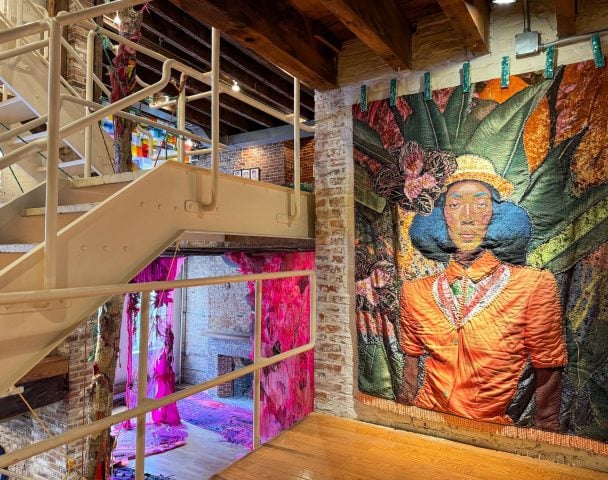As American legislators file an Artist Royalty bill in Congress, the EU is trying hard to smooth over the procedures around their own Artist Resale Right (also known as Author Resale Right or ARR). This piece of legislation is perhaps the EU regulation that has most upset the art trade, and it continues to do so, despite the new principles and recommendations signed by representatives of major players in the industry last week.
Since 2006, living artists (if they are national of a country in the European Economic Area) have been entitled to 4% of the resale value of artworks worth €1,000 or more when sold by a professional art trader in the EEA.
Operating in a global art market, most European art dealers and auction houses have condemned the law, arguing it gives an unfair advantage to their competitors in geographic areas where it doesn’t apply.
But supporters believe ARR is providing an essential source of income for artists at all levels. It also establishes a link between artists and their productions beyond the initial sale.
“The Artist Resale Right is something that tells me that my work still exists,” Gavin Turk said in a video interview. “It’s like a tracking system, and I find that really useful: to see how my work is moving in the market place.”
In 2012, the ARR in the UK was broadened to include artists’ heirs, and several art dealers retaliated with a petition to raise the threshold from €1,000 to €3,000. Their campaign—which also involved sending postcards picturing a dead British dealer surrounded by champagne-drinking effigies of the US, China, and Switzerland to the then-Culture Secretary Jeremy Hunt—was unsuccessful.
Aware of the discontent, and in a move to improve the implementation of the ARR, the European Commission held four sessions to discuss the matter with art professionals in 2013. This resulted in Key Principles And Recommendations On The Management Of The Author Resale Right, signed last week by the likes of Sotheby’s, Christie’s, and the Association of Art and Antique Dealers (LAPADA), as well as the Design and Artists Copyright Society (DACS) and Artists’ Collecting Society (ACS).
The published document focuses mainly on the need for transparency and communication yet it offers very little practical advice on how these could be achieved. It was nonetheless welcomed by ARR supporters. In a statement sent to artnet news, DACS chief executive Gilane Tawadros describes the motion as a “significant step towards establishing a more collaborative approach to benefit everyone involved, not least the artists, who rely on this valuable addition to their income and need to be supported wherever possible.”
One of the ARR’s main issues—the “cascade effect,” which involves art dealers occasionally forced to pay for the ARR twice for the same artwork—is yet to be resolved. The signatories recommend a study of this phenomenon to be included in the next report, to be issued in 2015.
When contacted by artnet News, Sotheby’s reiterated their position. “Any additional charges on doing business in the UK may have the effect of driving commerce elsewhere,” wrote Matthew Weigman in an email sent on the company’s behalf. “Somebody has to think twice,” he added later in a phone conversation. “Do we want to sell this in Europe – or in Switzerland or the US?”
The US might not be an option for much longer. The American bill is significant of a move towards a generalization of the practice—although, unlike in the UK, artist royalty in the US would only apply to sales at auction houses. Artists benefit from resale rights in over 70 countries, including Australia and Mexico. A petition spearheaded by European Visual Artists (EVA), CISAC, and GESAC is currently asking for a global ARR, one which would be mandatory for all member countries of the World Intellectual Property Organisation (WIPO).
Follow Artnet News on Facebook:
Want to stay ahead of the art world? Subscribe to our newsletter to get the breaking news, eye-opening interviews, and incisive critical takes that drive the conversation forward.






